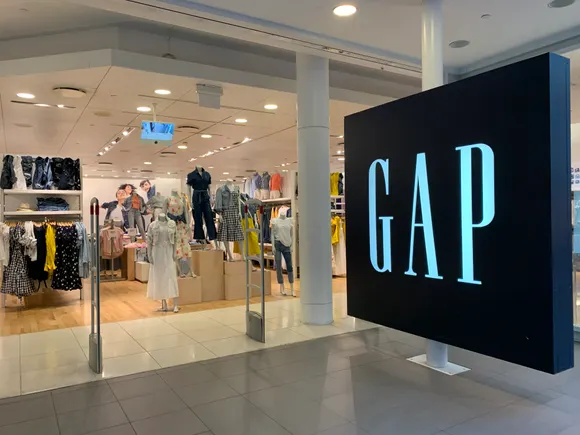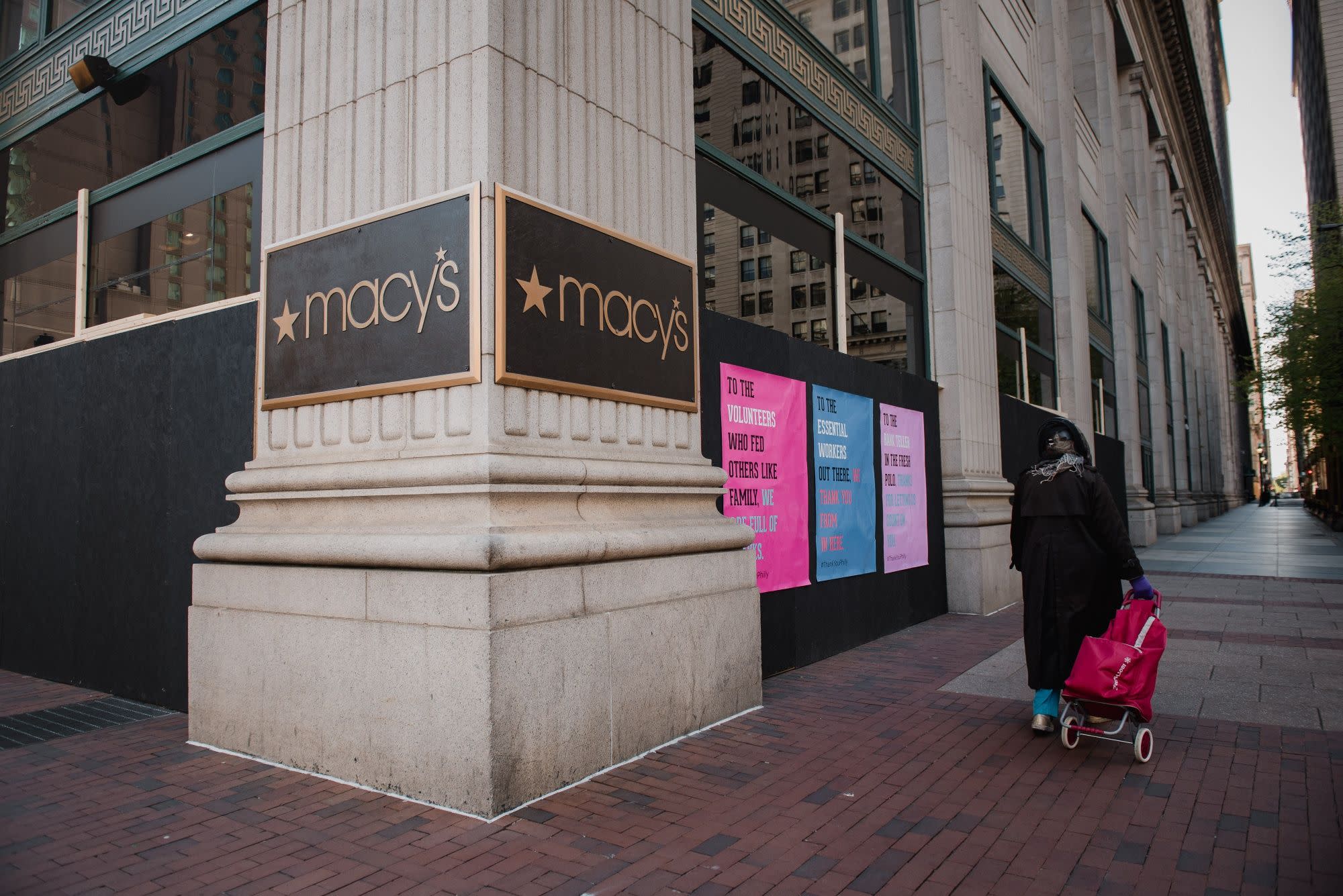AlbertC
Superstar
Gap Inc. says some stores will never reopen
Dive Brief:

 www.retaildive.com
www.retaildive.com
Dive Brief:
- Gap Inc. on Thursday disclosed that this month it stopped paying rent, saving about $115 million per month in North America alone, according to a filing with the Securities and Exchange Commission. In more than 90 countries, the company runs about 3,300 stores, 2,785 of them in North America, and franchises about 570 stores globally.
- The retailer also said it's negotiating with landlords on lease terms, including rent, but may close some stores permanently where that isn't fruitful, according to the filing.
- Gap — having already furloughed workers, suspended stock repurchases, deferred and suspended dividends, reduced 2020 capital expenditures by about $300 million, cut executive pay, shifted inventory and tapped its entire $500 million revolving credit facility — said it must consider doing more, including new debt or other short-term credit, further spending cuts, workforce reductions, merchandise delays and vendor payment extensions.

Gap Inc. says some stores will never reopen
The apparel retailer is withholding rent and talking to landlords, but warns that the steps it's taken so far have been no match for lost sales.







